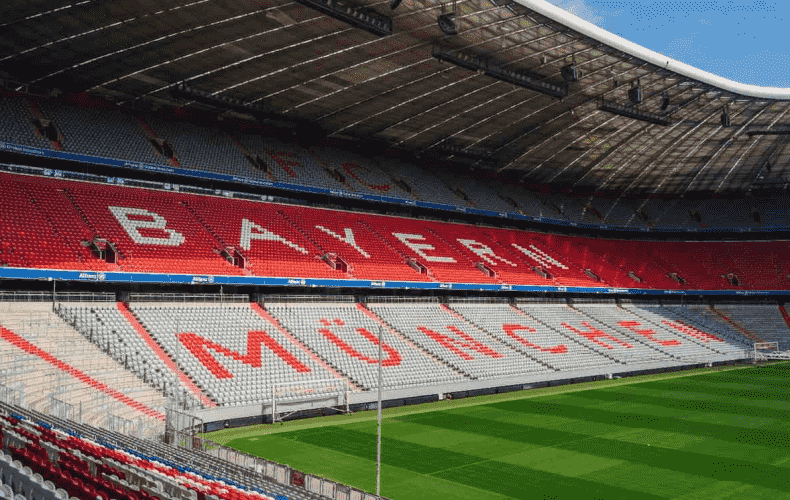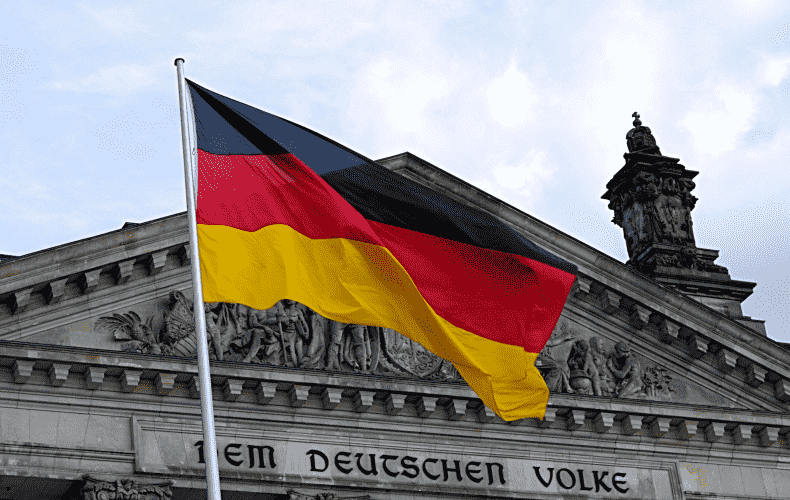
Double Feature at the Orangerie
Section: Arts
The North Atlantic Treaty Organization (NATO) has raised concerns regarding Russia's alleged support for North Korea's nuclear ambitions. According to NATO Secretary General Mark Rutte, during an informal meeting of foreign ministers in Brussels, this support includes assistance in developing missile and nuclear capabilities in exchange for North Korean troop deployments in Ukraine. Such actions are considered violations of United Nations sanctions.
Rutte warned that this collaboration poses a significant risk of destabilizing the Korean Peninsula and could threaten the security of the United States. He pointed out the potential for North Korea to target neighboring countries, including Japan and South Korea, as well as Europe and North America, with its nuclear arsenal.
Addressing the broader implications of Russia's actions, Rutte remarked that the ongoing conflict in Ukraine represents a threat to all NATO member states. He emphasized the importance of unity between Europe and North America and confirmed ongoing efforts to fulfill the commitment of providing $40 billion in aid to Ukraine. Rutte expressed confidence that NATO's new command center in Wiesbaden, dedicated to supporting Ukraine, would become fully operational by the end of the year.
In addition, Rutte announced that NATO is set to evaluate a new strategy aimed at countering hybrid warfare tactics employed by Russia. He highlighted that both Russia and China have sought to undermine Western nations through various means, including sabotage, cyberattacks, and energy coercion, with the intent to create societal divisions. He insisted that those responsible for such actions must be held accountable.
To combat these threats, NATO plans to enhance intelligence-sharing among member countries and strengthen cyber defenses. Rutte also mentioned the intention to address the issue of Russia's clandestine oil export fleet.
German Foreign Minister Annalena Baerbock echoed Rutte's sentiments, advocating for increased cooperation against Russian sabotage and covert operations in the Baltic Sea region. She noted that Russian President Vladimir Putin is intensifying his hybrid attacks on European peace structures with the assistance of allies, which include damaging undersea cables and interfering with GPS systems, as well as engaging in illegal activities to circumvent sanctions.
Baerbock further pointed out that Putin is attempting to destabilize democratic societies in Europe by leveraging online disinformation campaigns, seeking to pit national issues such as pensions, infrastructure, and child benefits against support for Ukraine.
NATO intends to formalize its new strategy to counter hybrid threats at its upcoming summit in The Hague next June.

Section: Arts

Section: Arts

Section: Business

Section: News

Section: Business

Section: Arts

Section: Arts

Section: News

Section: Arts

Section: Arts
Health Insurance in Germany is compulsory and sometimes complicated, not to mention expensive. As an expat, you are required to navigate this landscape within weeks of arriving, so check our FAQ on PKV. For our guide on resources and access to agents who can give you a competitive quote, try our PKV Cost comparison tool.
Germany is famous for its medical expertise and extensive number of hospitals and clinics. See this comprehensive directory of hospitals and clinics across the country, complete with links to their websites, addresses, contact info, and specializations/services.
Join us for an electrifying night of rock and metal at the Under The Black Moon Club Show! Experience the raw energy of live performances featuring:



No comments yet. Be the first to comment!